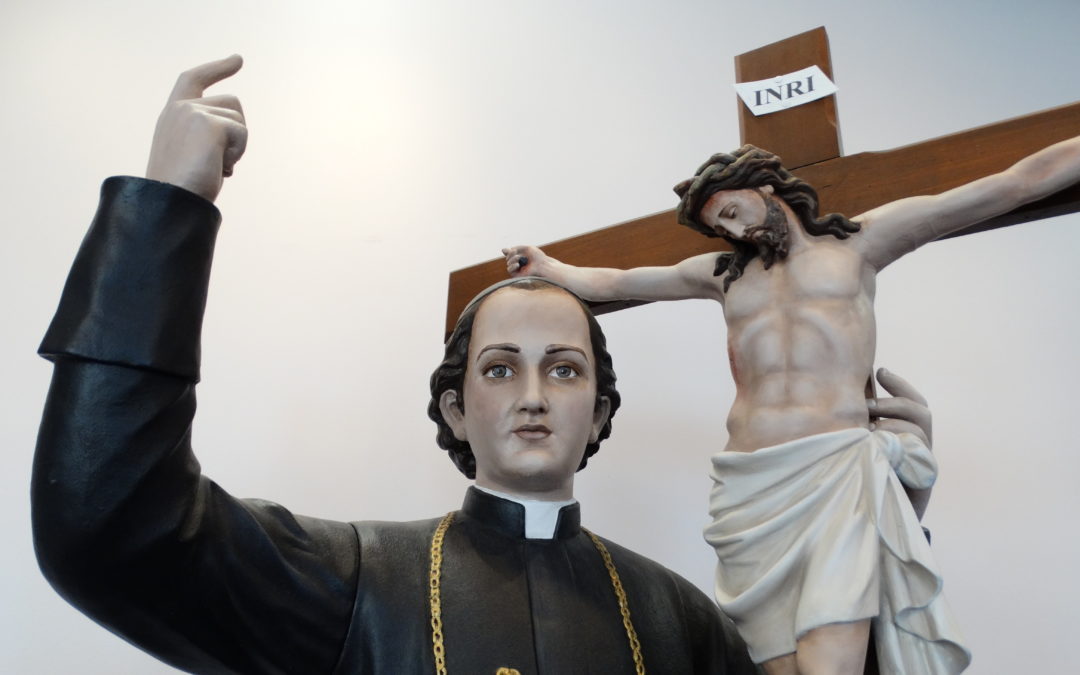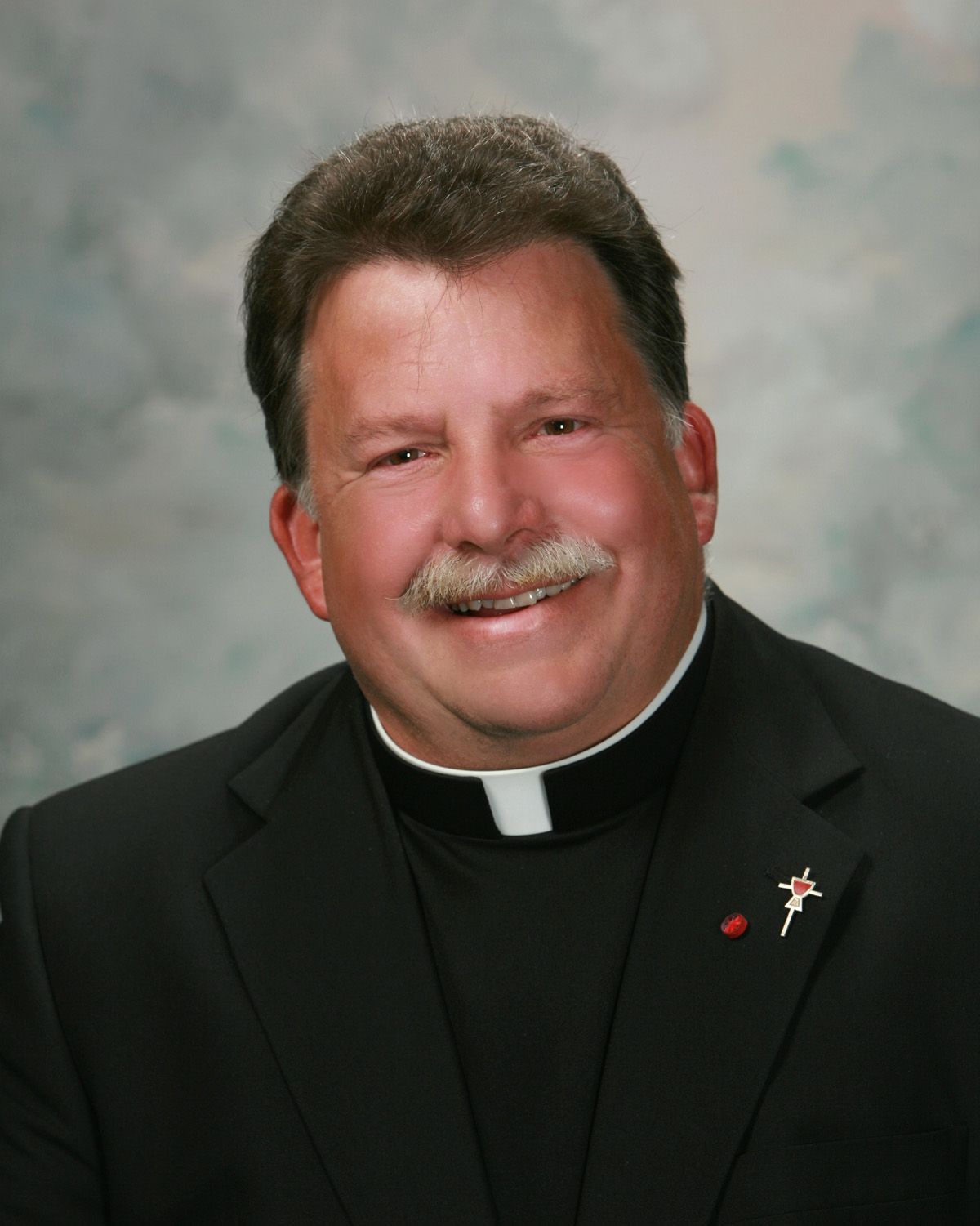Wherever in the world you are, you can have access to emergency services just by dialing a few numbers on your telephone. One dials 911 and gets immediately connected to emergency service. How often does our prayer take the form of dialing 911—praying when we face an emergency?
What is the most dialed number in your phone, anyway? Is it that of your spouse, child, parent, friend or business partner? Perhaps, these days, thanks to mobile phones you might even call the same person multiple times a day!
In the Gospel today we have a reminder about making frequent calls to God. In the first reading we find Moses in prayer—praying for the success of his soldiers. Yet when his arms grew weary and began to fall, his troops suffered. He then enlisted Aaron and Hur to assist him in prayer. Then in the Gospel, Luke tells us that Jesus told them a parable, to the effect that they ought to pray always and not lose heart.
Jesus then uses the story of the persistent widow against the judge who did not respect God or other humans. The widow by her persistence received a just judgment to make a point about prayer.
In other words, if the unstoppable widow can, by her persistence, win vindication from an unjust and godless judge, how much more will your persistence get a response from a loving God? But if God is, as a matter of fact, not a corrupt judge unreachable through appeals to justice and compassion, why the need for persistence? It may be that, from the human perspective, some situations require our involvement in prayer over an extended time.
I am reminded of the persistence of our founder, St. Gaspar (whose feast we celebrate tomorrow), who was very persistent in getting the name of our Congregation approved. Popes Pius VIII and Leo XII did not like or want the Congregation named after the Precious Blood of Jesus. In one document Pope Leo XII saw the words “Congregation of the Most Precious Blood,” and he ordered them struck out and the words “Most Holy Savior” substituted. Nonetheless, Gaspar persisted, and we know what happened.
Prayer is in its most basic form communication with God. In our life of prayer, sometimes we find it difficult to pray, to say nothing about praying always. Some depends on the type or form of prayer we use. If we focus on verbal prayer it can become difficult to “pray always.” Yet if we try to focus on another important aspect of communication—listening—it might help. It is important in a relationship to not only speak, but equally important to listen to the other. To pray by listening and lifting our daily lives to God, it becomes easier to pray always. Another key is found in the first reading, to have others assist us in prayer. That’s obviously what we do when we attend liturgy or common prayer. Others can help us in our efforts to pray.
To view the full scripture reading, click here.
Fr. Tim McFarland, C.PP.S., is the parochial vicar at Immaculate Conception Parish, Celina, Ohio.


